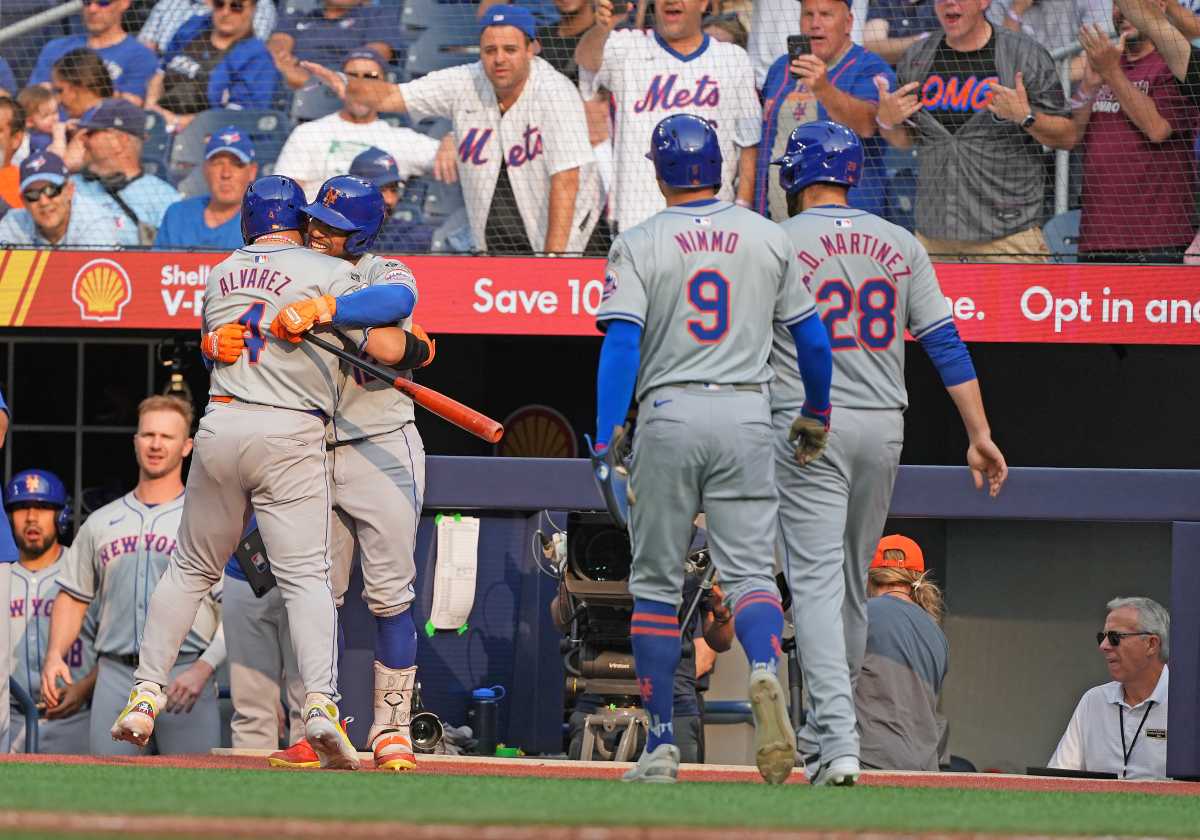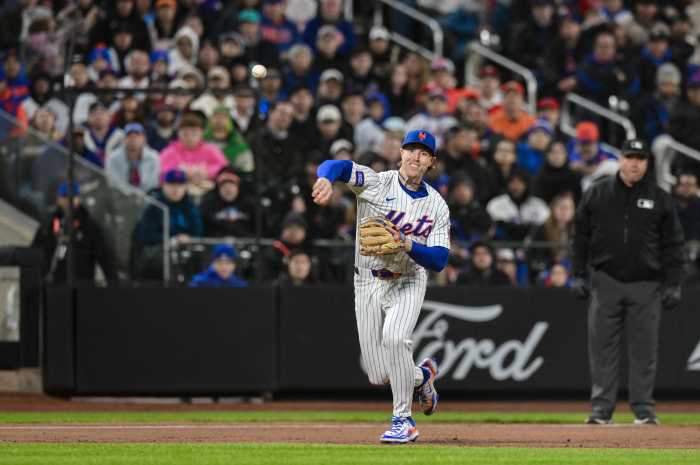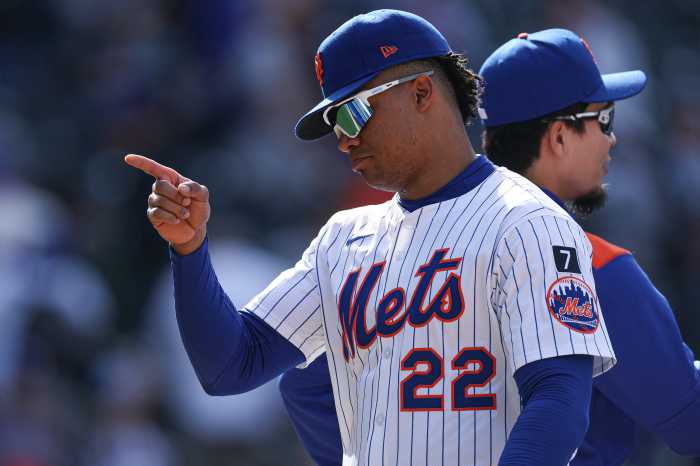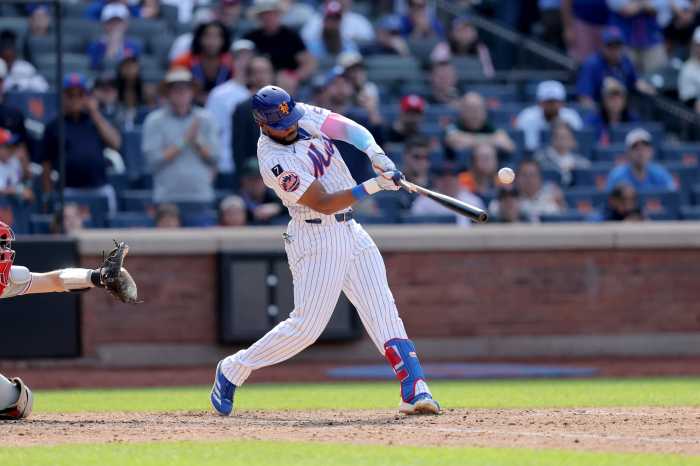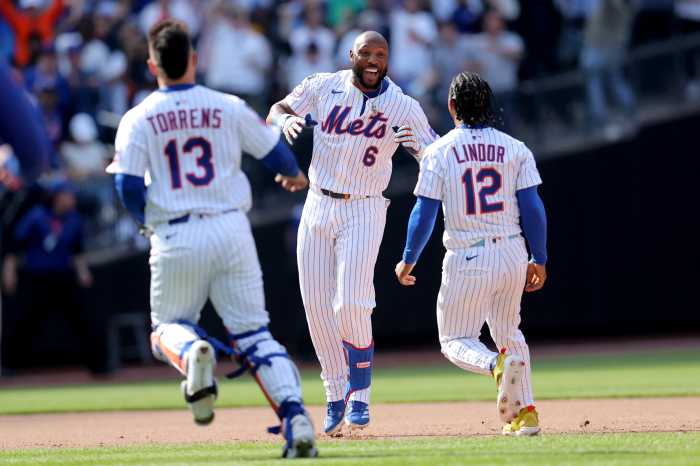Something just feels different about these Mets in 2024.
For a franchise that has more often than not bungled down the road of calamity over the past 62 years, this version of the Mets is doing something quite unlike them.
They are finding ways to win ballgames, to revive postseason hopes, to stay in the race.
Of course, there is still time for the baseball gods to pull the rug out from under the Amazins, which will add a couple of zeroes to every fan’s therapy bill. Ultimately, that is what many of you expect, and this writer does not blame you. The scroll of heartbreak and collapses extends considerably further than the one of successes — this will not be a history lesson to talk about dysfunctional decades, star power that fizzled out due to off-field issues, more irrelevance, late-season collapses, injuries, and more losses. There has been enough of that surrounding this franchise for some time.
Look at it this way: When staff ace Kodai Senga went down with two injuries to leave them with a rotation headlined by a Yankees cast-off and a southpaw who was demoted to the bullpen last year by his former team, the Mets of old would have seen their rotation devolve into a raging liability.
Instead, Luis Severino is having his best season since 2018 and Sean Manaea has become New York’s ace in the second half to the tune of a 2.64 ERA over his last nine starts. David Peterson, who seemingly squandered multiple chances in the past to cement his place in the rotation, is 9-2 with a 2.98 ERA.
When shortstop Francisco Lindor got off to a horrific start, headlining the laundry list of problems that relegated the club to a 24-35 record on June 2 that sunk them 16.5 games back of the NL East lead and five games back of the Wild Card, the old Mets would have continued nosediving toward an 11th losing season in 16 years.
Instead, first-year manager Carlos Mendoza stuck with his foundation while president of baseball operations David Stearns shuffled some pieces. Mendoza moved Lindor to the lead-off role, and he has been one of the best in baseball ever since, batting .302 with a .924 OPS, 24 home runs, and 63 RBI. All the while, the Mets have gone 56-31 to go from NL doormat to playoff contender as baseball’s best team over the last three months.
When Toronto Blue Jays starter Bowden Francis got to the ninth inning with his no-hitter intact on Wednesday afternoon, how many of you expected him to finish it off?
That likely would have happened to the old Mets — a demoralizing loss in a tight race to begin a spiral. Instead, Francisco Lindor spoiled the no-no with a lead-off, solo home run and sparked a six-run inning to secure New York’s 11th win in 13 games to take a one-game lead over the Atlanta Braves for the third and final National League Wild Card spot.
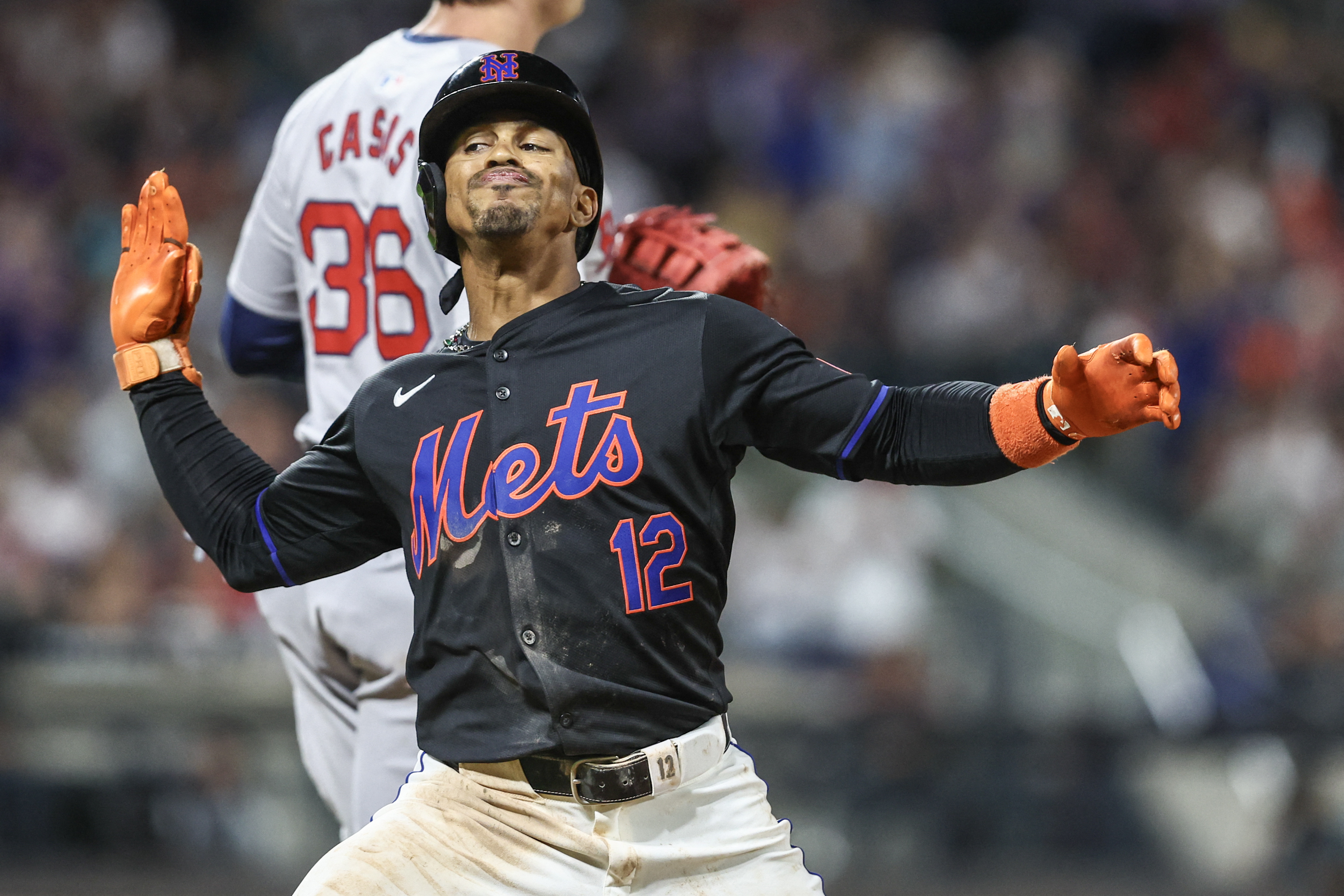
Lindor has been the catalyst for most of this. He not only has become the Mets’ most valuable bat, but his elite defense has catapulted him into the National League MVP conversation, creating a two-horse race with Los Angeles Dodgers slugger Shohei Ohtani.
This is rarified air for a Met. The team has yet to see one of its own win an NL MVP and since its inception in 1962, has seen players from its ranks finish in the top three in voting just six times: Tom Seaver in 1969 (2nd), Keith Hernandez in 1984 (2nd), Gary Carter in 1986 (3rd), Darry Strawberry (2nd) and Kevin McReynolds (3rd) in 1988, Strawberry again in 1990 (3rd), and Mike Piazza in 2000 (3rd).
Spot the theme? The Mets made the playoffs in all but two of those seasons. The two times they did not was in 1984, when they won 98 games, and 1990, when they won 91.
Again, this is not to say that the Mets making the postseason is a lock. However, things finally feel like they are changing for the better in Queens with the right people (Steve Cohen, Stearns, and Mendoza) in charge.
Instead of wondering when it will all fizzle out, this has all the makings of sustainable success becoming the norm.
Yes, this certainly does feel different.
For more on the Mets, visit AMNY.com
Read more: Pirates’ Skenes Dominates Yankees in Impressive MLB Debut



